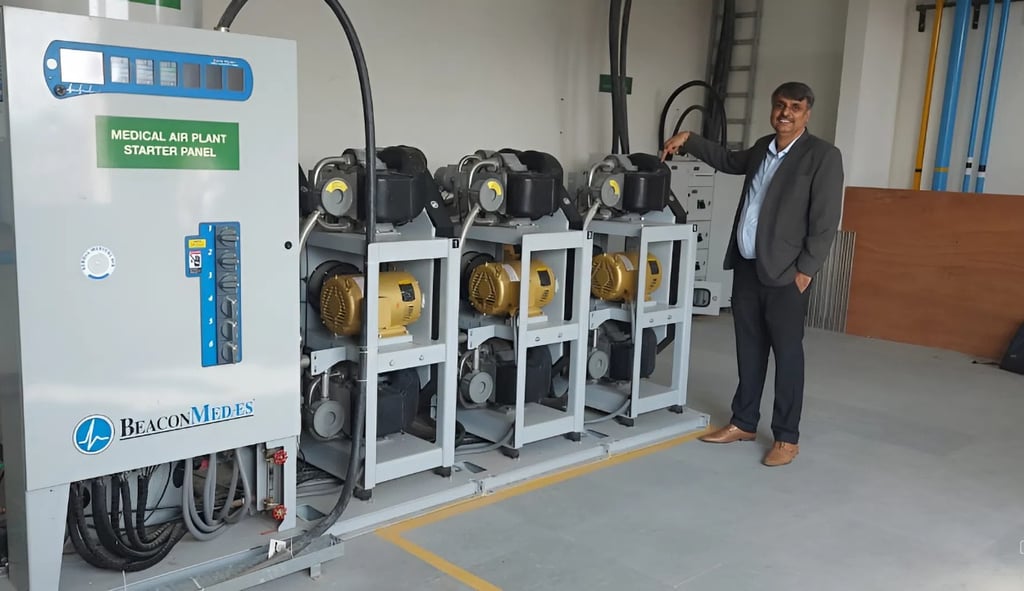The Importance of MGPS Audits in Healthcare Facilities
8/19/20252 min read


Understanding MGPS Audits
Medical gas pipeline systems (MGPS) play a critical role in the safety and functionality of healthcare facilities. To ensure these essential systems operate effectively and safely, regular audits are paramount. An MGPS audit is a comprehensive examination that assesses the design, installation, and overall performance of the pipeline systems. This systematic check not only identifies potential risks but also validates adherence to stringent safety and compliance standards established by relevant regulatory bodies.
Core Benefits of Conducting MGPS Audits
Implementing regular MGPS audits provides numerous advantages that enhance both safety and operational efficiency. One of the primary benefits is the early detection of leaks, blockages, or performance-related issues. Identifying such problems promptly minimizes disruptions in gas delivery, which is crucial for patient care.
Furthermore, these audits ensure that the facilities remain compliant with National Accreditation Board for Hospitals and Healthcare Providers (NABH) and ISO standards. Compliance not only supports patient safety but also protects the hospital's accreditation status, fostering trust among patients and staff alike.
By conducting regular audits, hospitals can also improve the overall reliability of their medical gas delivery systems. A reliable system is essential for uninterrupted medical care, particularly in emergency situations where gas supply can be a matter of life and death. Additionally, identifying and rectifying issues before they escalate can lead to significant reductions in long-term maintenance costs, ultimately protecting the healthcare facility’s financial investment and ensuring resources are available for patient care.
The Role of MGPS Audits in Compliance and Safety
Instituting a culture of safety through MGPS audits reinforces the commitment of healthcare facilities to prioritize patient care. It helps to maintain high standards for gas management that aligns with international best practices. The systematic nature of MGPS audits fosters an environment of continuous improvement, crucial for complying with evolving regulations.
To summarize, MGPS audits are not merely regulatory requirements; they are essential for safeguarding the integrity and reliability of medical gas systems within healthcare facilities. With the potential for enhanced safety, improved compliance with standards, and increased operational efficiency, it becomes clear that these audits are a vital component of a hospital’s maintenance strategy. By investing in routine MGPS audits, healthcare providers can ensure they are well-equipped to deliver safe and effective care to their patients.
Services
© 2024. All rights reserved.
Products


We're Making it easier to find Better Medical Devices
Find us on Map:
Contact Information
Phone: +91 9029457428 | +91 9833236604 | +91 7506374381
Email : medevices2018@gmail.com | sales@medevices.in
